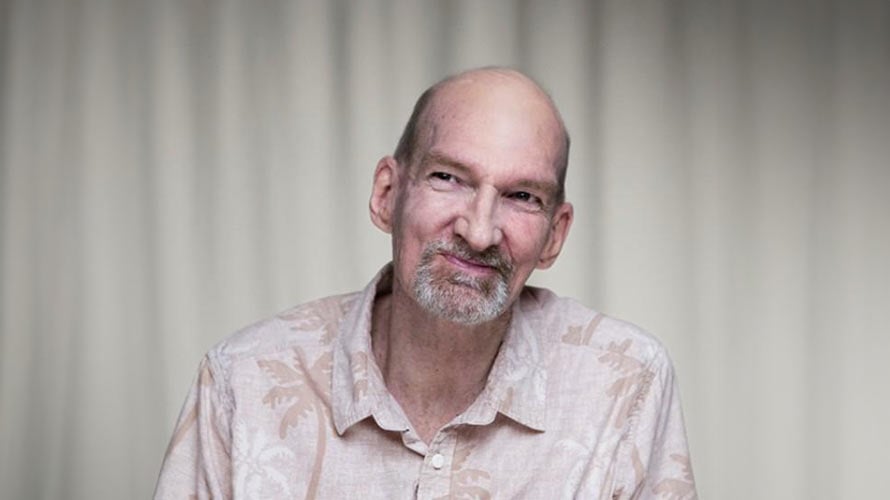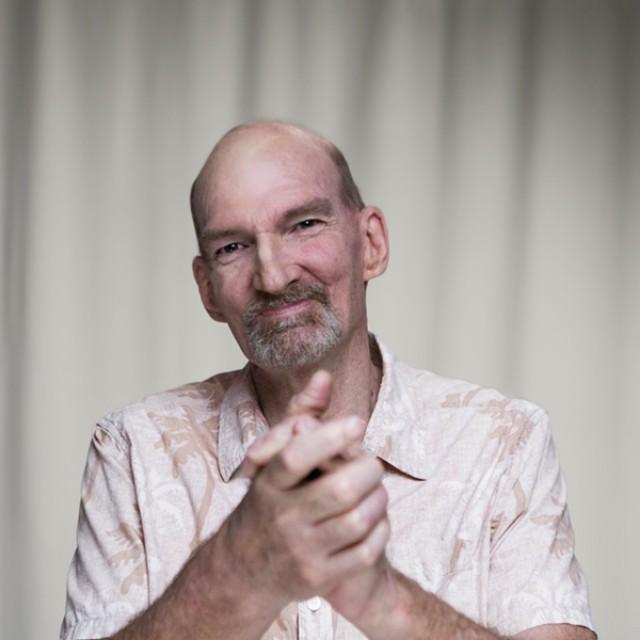Ian's Story

Meet Ian
Leukemia Survivor
"I was surprised because nobody was a match."
Responding to symptoms of leukemia
Ian clearly remembers the morning of Feb. 18, 2002.
He was working as a construction field engineer at the Vincent Stabile Research Building at Moffitt Cancer Center. He had been sick all weekend, and he felt so weak that particular morning that he called his boss and told him he would be in a couple of hours late. He was going to get a checkup.
It was then he learned the myelodysplastic syndrome or MDS he had battled for six months had progressed into acute myeloid leukemia. He immediately was admitted to the hospital and stayed there for two weeks.
“I don’t think it really sunk in,” remembers Ian, who was diagnosed at age 44. “I just had to deal with it the best I could.”
What followed were chemotherapy treatments and a series of attempts to find Ian a donor for a bone marrow transplant.
“I had three siblings and my mother was still alive,” Ian said. “I was kind of surprised because nobody was a match.”
Because the hospital that was treating him didn’t perform transplants between unrelated donors, Ian found himself in a tremendously frustrating and frightening position.
Ian Turns to Moffitt's BMT Program for leukemia
That’s where Moffitt’s BMT Program came in.
Despite not knowing when or where it would happen, Ian never doubted Moffitt would find a match.
“I had faith in the system,” says Ian. “You have to have faith in everything and that’s something that even through all my treatment I tried to tell other people [in my situation].”
A few months passed, but eventually Ian got the call from Moffitt: a match had been found.
Ian later found out the match was an Army sergeant stationed in Iraq. The Army flew the sergeant to Walter Reed Medical Center in Washington, D.C., where they extracted his bone marrow and flew it to Moffitt. Because it arrived so late at night, Ian’s transplant didn’t start until 10:30 p.m. and didn’t end until the next morning.
After the transplant, Ian’s recovery took a solid six months, but with a strong support system, he said he always kept the faith.
“Having family there with you and having a staff that cares about you, it all makes a big difference,” says Ian. “It’s all positive attitude. You have to go in and say, ‘I can do this.’”

